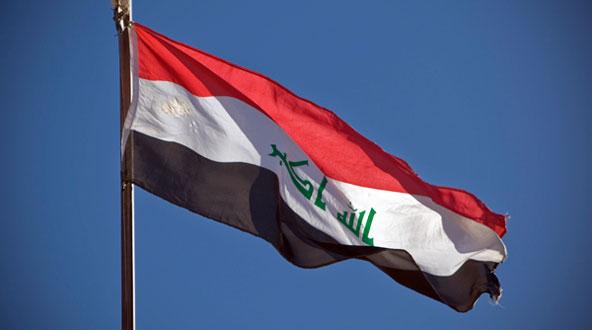
Terrorism is no excuse for unfair trials in Iraq
International standards
The UN Human Rights Committee had to wait 13 years but, finally, it received and examined the report on Iraq’s implementation of the International Covenant on Civil and Political Rights (ICCPR). The Iraqi fifth periodic report, due to 2000 and submitted in 2013, discusses how the country respects the rights set forth in ICCPR. In particular, Iraq had to justify its application of the death penalty in light of Art. 6 of the ICCPR.
The right to life and the application of capital punishment in Iraq
Art. 6 of the Covenant prohibits to sentence a person to death without a fair trial, or after a trial based upon a confession secured through abuse or torture, or when the accused did not have access to counsel. However, the Iraqi criminal justice system fails to provide essential safeguards protecting persons from being put to death. According to the non-governmental organizations The Advocates for Human Rights and the Iraqi Coalition Against the Death Penalty, Iraq exhibits unfair trial procedures and a concerning lack of transparency. Further, many executions are merely based on confessions obtained through torture or through unchallenged testimony of anonymous.
The death penalty’s application in Iraq emerged as a primary concern at the Human Rights Committee which, in its concluding observations, focused on the abusive applications of capital punishment. In particular, the Committee proved to be distressed about the sentences to death carried out under the 2005 Counter-Terrorism Act.
The Human Rights Committee’s concerns on Iraqi counter-terrorism measures
Even though the Committee acknowledges that Iraq needs to adopt measures to combat acts of terrorism, it deplores the use of the death penalty under the framework of the Counter-Terrorism Act. The Human Rights Committee explained its concerns regarding the highly unstable and corrupt environment that does not provide the essential safeguards.
In particular, the Committee considers that the definition of terrorism, as provided by the Iraqi counter-terrorism act, is excessively broad. Moreover, the fact that the Iraqi judiciary lacks independence, and that it is pressured by sectarian violence and corruption, worsen the situation.
The Human Rights Committee reached the conclusion that Iraq should develop a more precise definition of “terrorism”, in order to avoid excessively broad interpretations. Then, it observed that any existing or new counter-terrorism legislation, as well as any measures taken to combat terrorism, should be fully compliant with the Covenant. Finally, it stressed that the mandatory imposition of the death penalty is not compatible with the obligations under the Covenant.
In fact, the Committee observed that “the State party should give due consideration to abolishing the death penalty and acceding to the Second Optional Protocol (…) If the death penalty is maintained, the State party should take all necessary measures, including legislative action, to ensure that: a) the death penalty is provided only for the most serious crimes; b) it is never mandatory; and c) pardon or commutation of the sentence is available in all cases, regardless of the crime committed. The State party should also ensure that, if imposed at all, the death penalty is never imposed in violation of the Covenant, including fair trial procedures.”
“Iraq cannot guarantee its citizens adequate domestic and international guarantees against the arbitrary deprivation of life”
“(…) therefore it should abolish the death penalty”.
This is what the NGO the Advocates for Human Rights, in collaboration with the Iraqi Coalition against the Death Penalty, stated in their submission to the Committee.
The two NGOs are well aware that the execution rates in Iraq are some of the highest in the world. Over 170 people were put to death in 2013 and at least 60 people were executed in the first eight months of 2014. For this reason, they stress their concerns about the unfair trial procedure and the lack of transparency regarding court proceedings and legal process in Iraq. Further, they report that many death sentence are solely based on confessions obtained through torture, as a rise in executions motivated by increasing sectarian conflict.
The Advocates and the Iraqi Coalition “disagree that an escalation in executions and death sentences is a proportionate, appropriate, or effective response to violence”. The two civil society’s representatives consider that ‘Iraq’s imposition of the death penalty for vaguely defined “terrorist” offenses is overly broad and in violation of international law requiring a narrow application of the death penalty to grave and serious crimes’. Hence, they cannot but to recommend its elimination.







